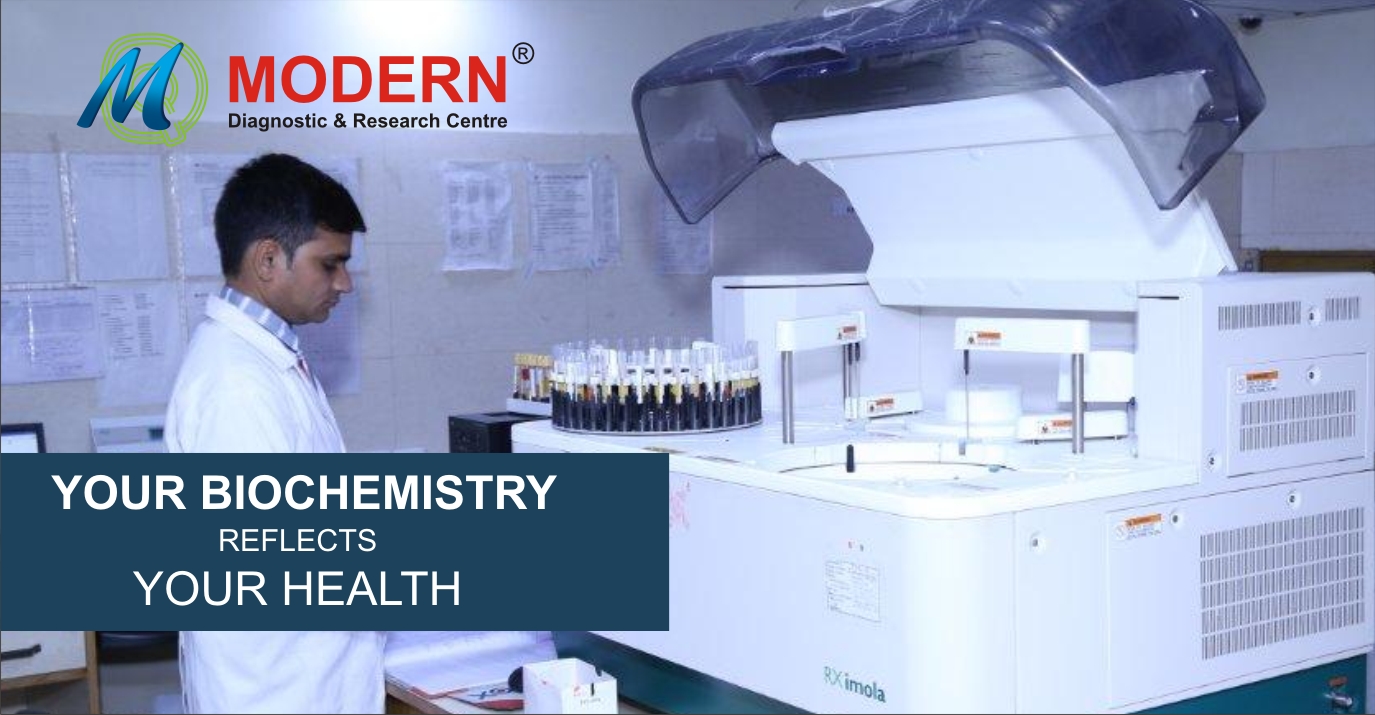Molecular Diagnostics
The goal of molecular diagnostics, also known as the identification of genetic variations, is to make it easier to detect, diagnose, classify, predict outcomes, and track therapeutic response.
The development of molecular diagnostics is the result of the successful collaboration between laboratory medicine, genomics research, and technology in the field of molecular genetics, particularly in light of substantial advancements in molecular genomic technologies. All of these elements help to identify and precisely characterize the genetic underpinnings of hereditary disorders, which is essential for providing an accurate diagnosis.
Genomic biomarkers enable doctors to not only assess disease predisposition but also to design and implement precise diagnostic procedures as well as individualize therapeutic treatment modalities. High-throughput techniques, such as next-generation sequencing or genome-wide association studies, provide invaluable insights into the mechanisms of disease.
Molecular diagnostics challenges
Molecular testing of infectious diseases for direct-specimen samples was approved by the Food and Drug Administration in 1996. Since then, automated extraction, amplification, detection platforms, and next-generation sequencing have fueled the fast growth of molecular technology.
As well as studying the health care and policy implications of emerging, cutting-edge fields, it is important to pay close attention to obstacles and constraints.
If economic considerations restrict MDx use to specific groups or populations, the price of this cutting-edge technology might result in even more significant health inequities. Potential over- or under-utilization is a problem for sophisticated MDx platforms that are quickly adopted. Rapid MDx platforms, for instance, are frequently quicker and more sensitive than conventional culture procedures.
The acceptance of these MDx tests, nevertheless, has happened so quickly that in some situations it has surpassed the development of clinical usefulness data. Another difficulty is thinking about the requirement for education for healthcare professionals (such as doctors and clinical pharmacists).
For their patients to receive efficient and informed treatment, doctors must be aware of the limits of these technologies and how to use them appropriately.
At Modern Diagnostic Center
The molecular Biology section is equipped with the latest technology-enabled high-end equipment to conduct a variety of molecular biology tests to find various microorganisms, such as viruses and bacteria.
All types of equipment use the latest technology and have very high sensitivity which enables them to detect microorganisms when present in very low concentrations too. All tests are performed under the supervision of highly trained and qualified professionals.
OUR KEY SERVICES
-
Sanger/RT PCR-based services: Oncogenomics, Infection disease (Qualitative & quantitative), Genetic disorders.
-
NGS (Next Generation Sequencing) BASED SERVICES: BRCA Panel, NIPT, Lung cancer panel, CRC Panel, Neuro Panel, Leukemia Panel, etc.
Images

w
© 2024 Modern Diagnostic Center Nepal Pvt. Ltd. All Rights Reserved.
Designed & Developed by Bent Ray Technologies
